(HQ Online) - Enterprises processing and exporting agricultural products need to strictly comply with Korean regulations on pesticide residue levels when exporting agricultural products to this market.
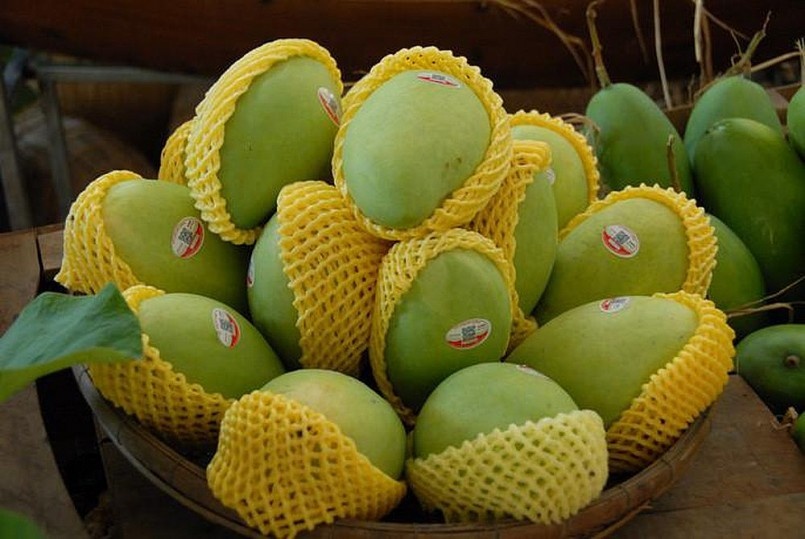 |
| Mango is a popular tropical fruit in the Korean market. Illustration photo: Trung Chanh |
According to the Vietnam Trade Office in Korea, the trade cooperation between Vietnam and Korea has many opportunities to develop further when both countries participate in and benefit from bilateral and multilateral FTAs. Moreover, the import-export structure of the two countries is clearly complementary and has little direct competition.
In particular, the Korean market is currently trending towards simple food replacing family meals with instant, easy-to-cook, easy-to-eat products that are growing rapidly in Korea, especially in the past 5 years. Along with that is the rise of products that are good for health and increase resistance such as organic products and foods for the elderly.
In addition, there is a trend of consuming meat substitutes, protecting the environment with packaging that limits the use of plastic materials, ESG governance models, and regulations on food hygiene and safety, quarantine regulations and procedures.
According to the trade, in order for export products to be consumed well in Korea, in addition to quality and flavor, the products also need supporting factors such as stability in production, safety in processing and circulation, and credibility in commitment. With these factors, businesses will have an advantage in negotiating and maintaining long-term partners.
Therefore, localities, associations and businesses need to spend time researching and analyzing the Korean market to clearly identify which consumer segment the product is targeting, the product needs to meet technical standards and especially pesticide residues (PLS system) in the Korean market.
Warning Vietnamese enterprises about violations of pesticide residue levels for Vietnam's agricultural export products, the Vietnam Trade Office in Korea said that in January 2024, the Ministry of Food and Drug Safety of Korea (MFDS) conducted random inspections of imported mango products being sold in the Korean market, including mango products originating from Vietnam and the Philippines with pesticide residue levels of 0.08 and 0.05, respectively, exceeding the prescribed level of the PLS system (0.01 mg/g).
Vietnamese mango products packaged in 5kg bags were found to contain residues of Permethrin - an active ingredient used to kill stink bugs, leaf-eating worms, flower borers, fruit borers...
MFDS has recalled mango products of Vietnamese origin exported by CT Agricultural Products Production and Processing Company Limited to the Korean market and recommended that consumers who purchased Vietnamese mango export products return them to the place of sale. After the recall announcement on January 22, no additional batches of mangoes of Vietnamese origin exceeding the permitted standards were detected.
According to the Vietnam Trade Office in Korea, mango is a popular tropical fruit product in the Korean market, along with bananas and pineapples, so the demand for consumption is very large. Vietnam's tropical fruit products still have a lot of room in the Korean market. Although the export turnover of Vietnamese mangoes to Korea has increased from 7.9 million USD (2022) to 9.9 million USD (2023), Vietnamese mango products have not paid attention to pesticide residues, leading to regrettable violations of technical standards for products imported into the Korean market.
According to experts, it is likely that Vietnamese mangoes exceed the permitted threshold because they are grown in areas that have not been cleaned of pesticides and are scattered, making it difficult to control the entire process of planting, harvesting and treating moisture. Therefore, Vietnamese authorities need to further promote information dissemination and early warning for Vietnamese mango exporting enterprises.
Previously, in 2023, frozen chili products from Vietnam Nam being sold in the Korean market were also recalled by MFDS due to the detection of PLS residue exceeding the permissible threshold when randomly checking frozen chili products imported from Vietnam.
If such incidents are not prevented in time, they will negatively affect the image of Vietnamese agricultural products. Therefore, the Vietnam Trade Office in Korea recommends that agricultural processing and exporting enterprises in general strictly comply with Korean regulations on pesticide residue levels when exporting agricultural products to this market.
Source


![[Photo] Prime Minister Pham Minh Chinh chairs conference on anti-smuggling, trade fraud, and counterfeit goods](https://vphoto.vietnam.vn/thumb/1200x675/vietnam/resource/IMAGE/2025/5/14/6cd67667e99e4248b7d4f587fd21e37c)







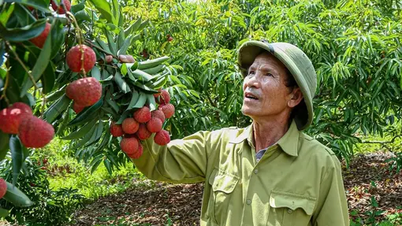

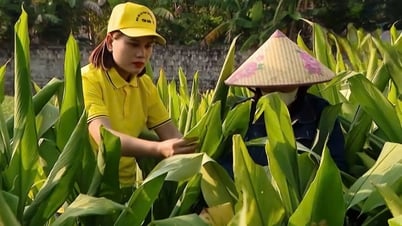

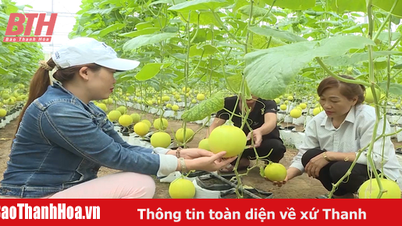





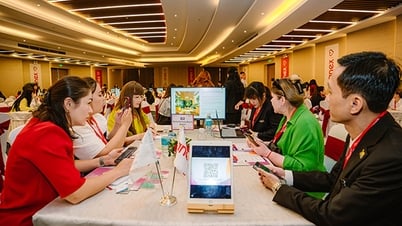




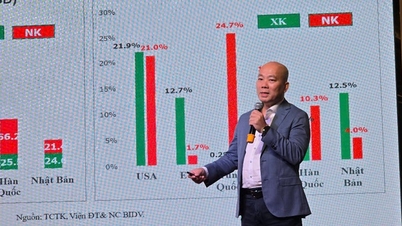









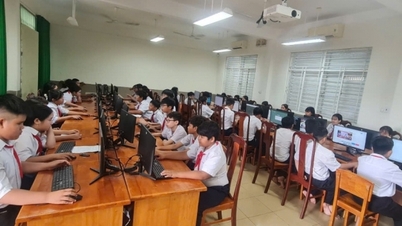
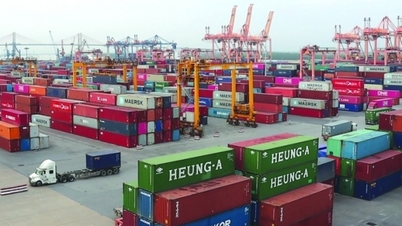
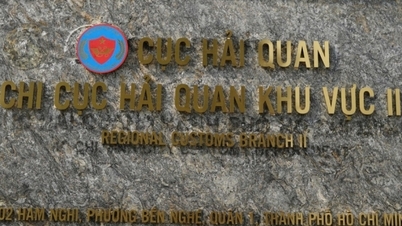



































































Comment (0)